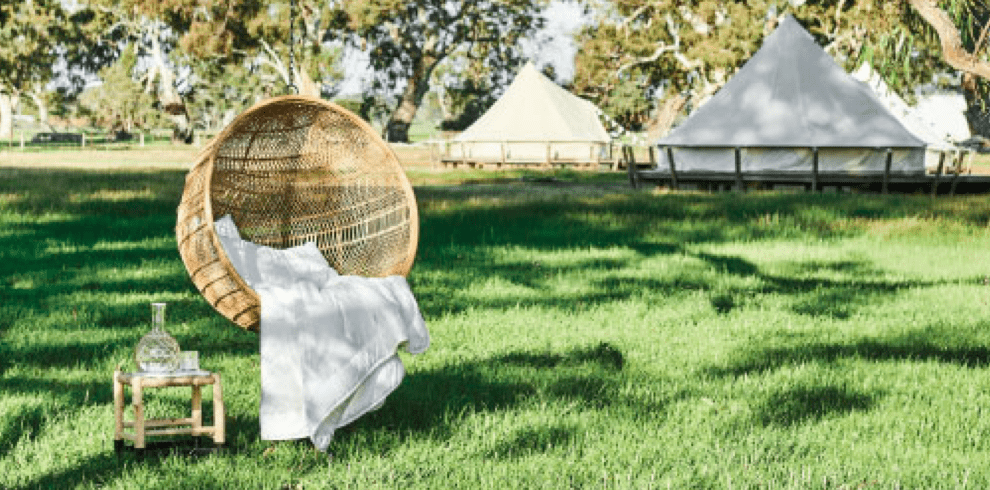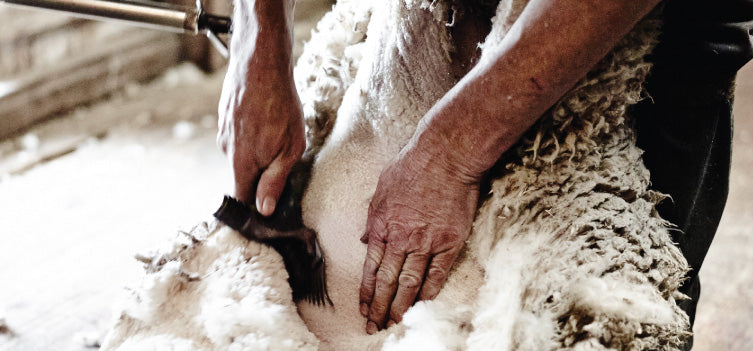The story of the early days of MiniJumbuk and its popular souvenir sheep, is familiar to many. That lovable larrikin and MiniJumbuk founder, Don Wray, came to the business straight from the shearing sheds is possibly lesser known. A tough and physically demanding industry, shearing is hard on the body and Don had been advised by his doctor that a career change was necessary for his continued good health. With his passion for wool and his willingness to take a risk, MiniJumbuk was the perfect fit for Don.

For many, the highlight of the farming year is shearing time. Usually an annual event, shearing is the process used to remove the wool from a sheep. The sheep are rounded up and brought to the purpose-built shearing shed to be shorn. When the shearing team arrive the board is clean, the catching pens are full and everyone is on deck for the busy days ahead.

The shearers catch each sheep, and with a series of well-orchestrated strokes carefully cut the fleece from the sheep using a handpiece similar to barber's clippers. The rouseabouts or 'rouseys', collect the wool from the board, deftly throwing it on to the wool table for skirting and classing. Under the watchful eye of the Classer, 'skirting' removes the short, greasy or stained wool from each fleece, which is then assessed and graded according to wool type. From here, using a wool press that is capable of handling bales up to 200 kg, the wool is baled, branded with the farm's unique identifying stencil and ready to be loaded on to trucks for sale.
Starting at 7.30 each morning, working four 'runs' of two hours that are interspersed with breaks for smoko and lunch and finishing at 5pm makes for long and busy days. Teams are often required to travel long distances from home, for extended periods. In these circumstances, farmers provide accommodation in the form of shearer's quarters for the team and a cook is employed to provide meals, starting early with a cooked breakfast.

Today, forty years on and still at the helm of the company, Don may miss 'the sheds' but many of the qualities of his former life may be found in the camaraderie of the MiniJumbuk team and in the ethos of the company.




